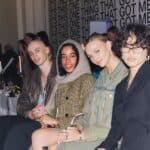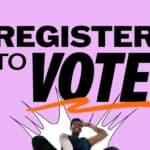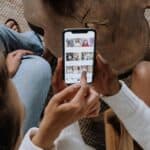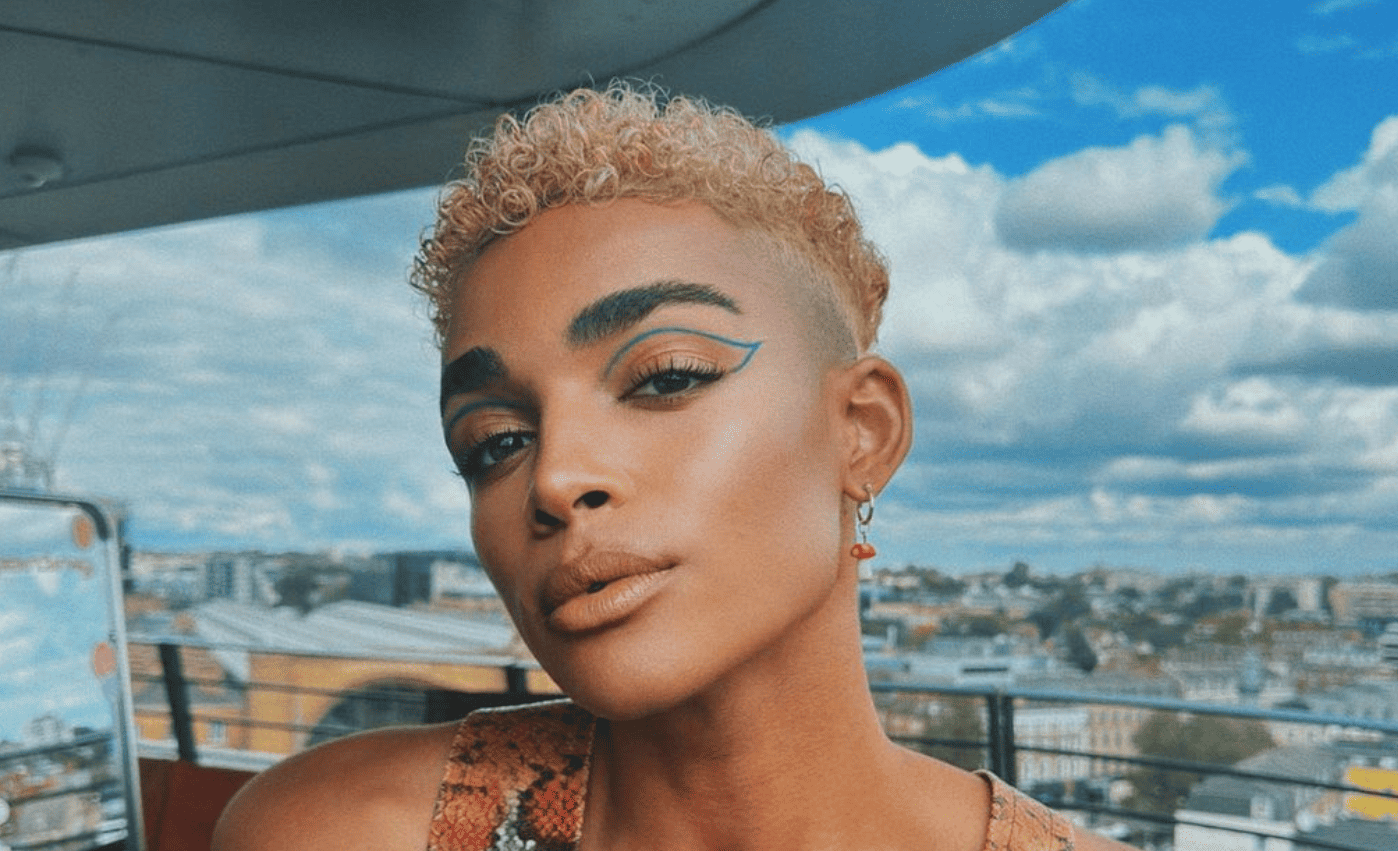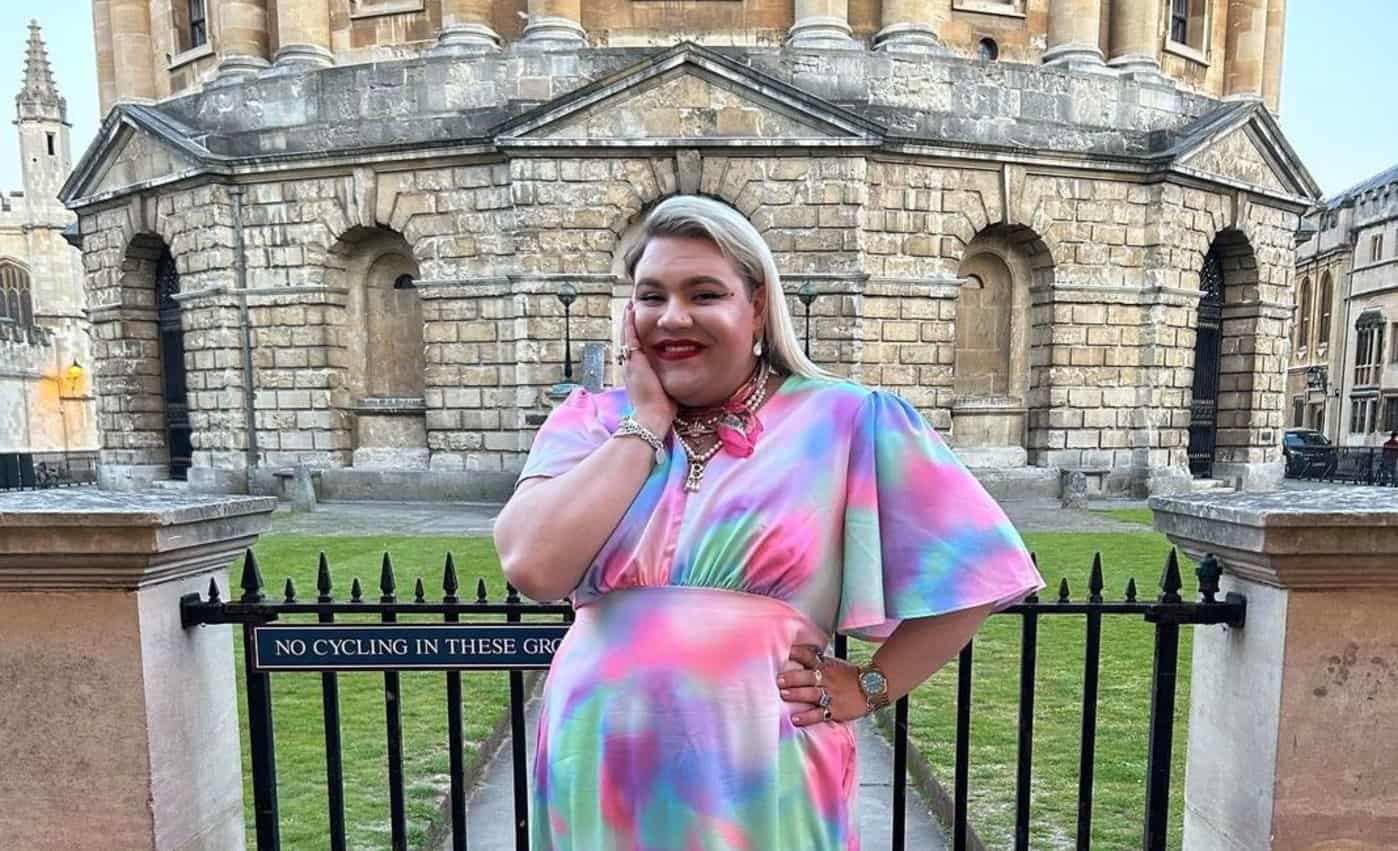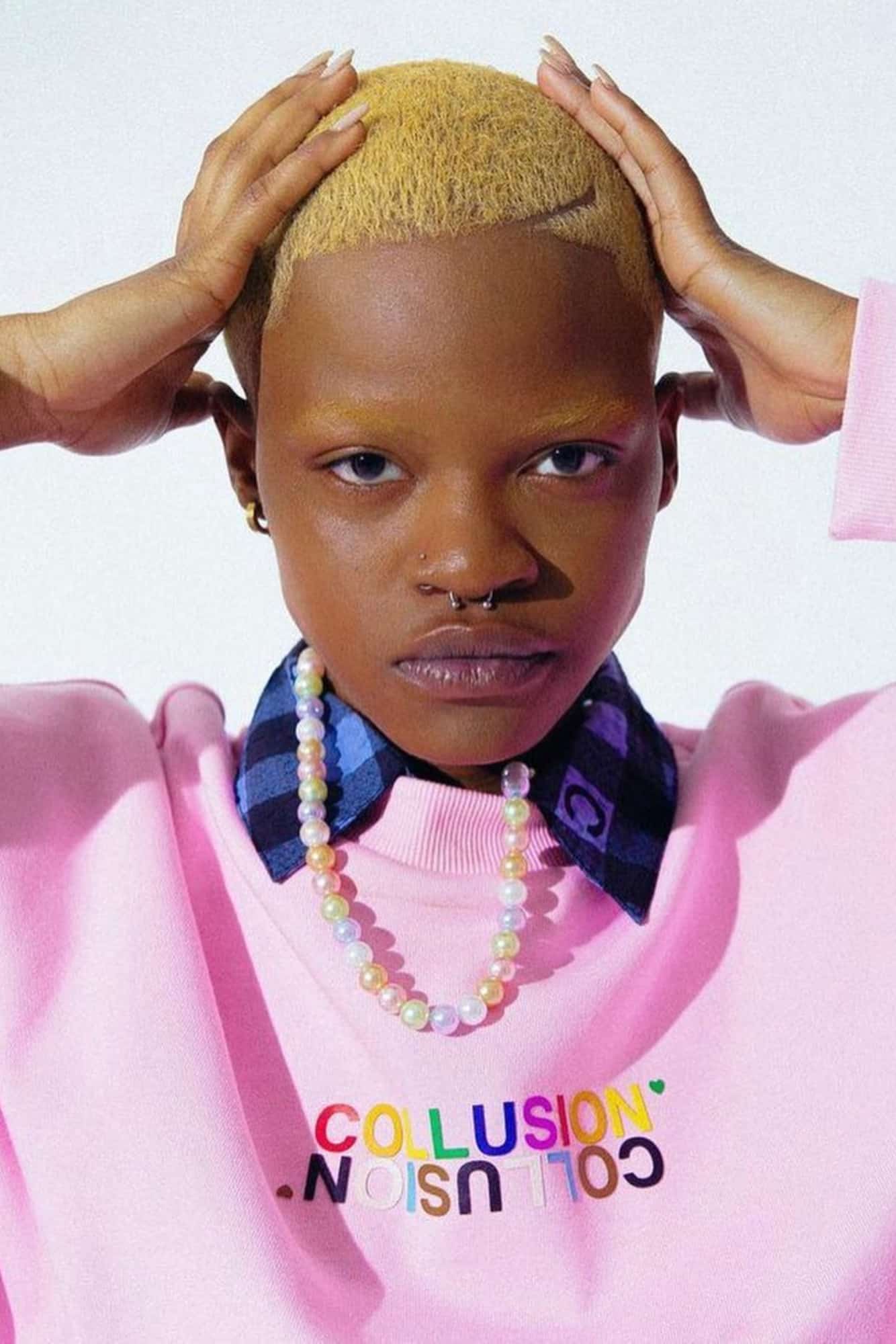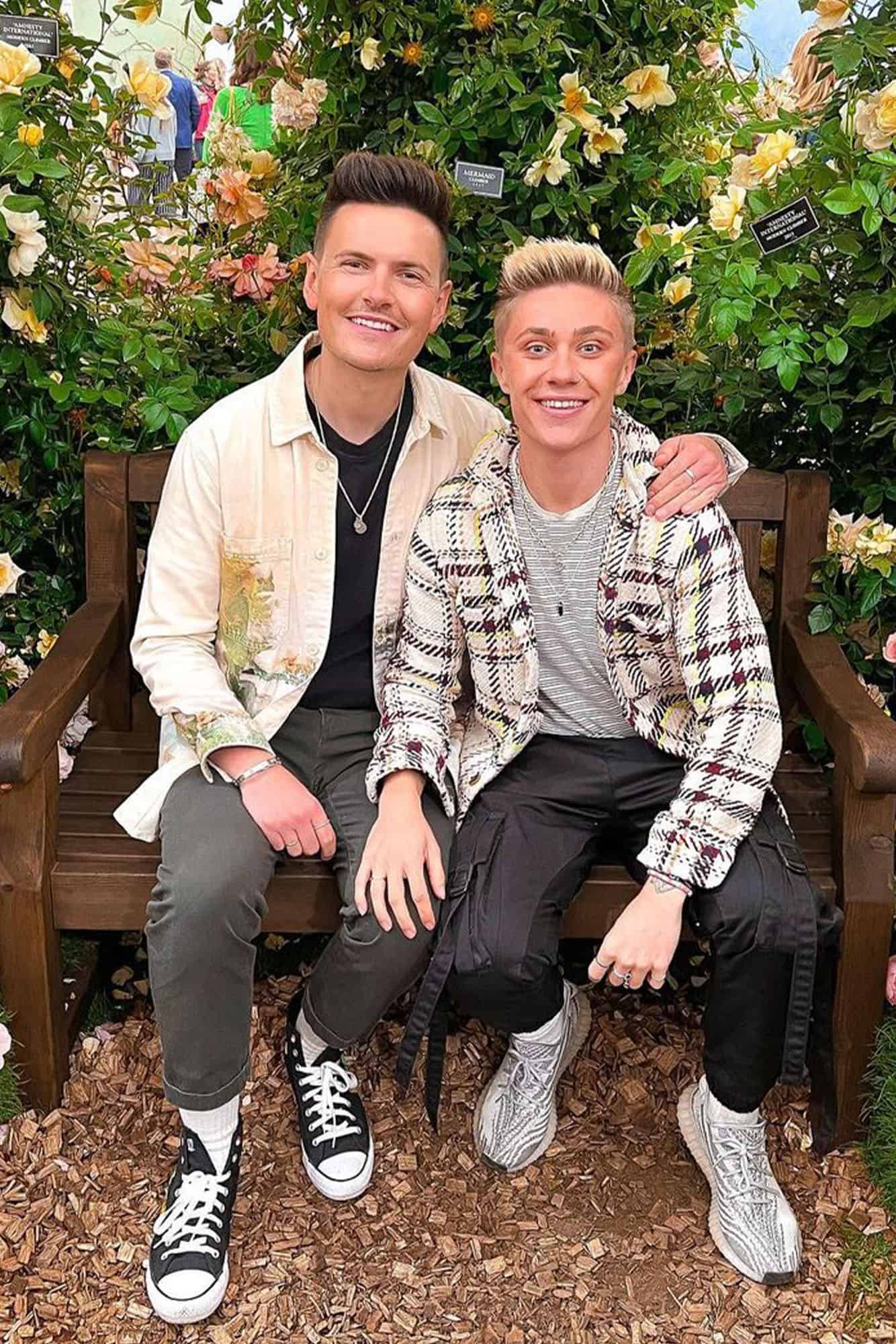Disability Pride Month takes place in July every year and aims to celebrate and amplify the disabled community. However, few brands or people outside this group acknowledge it, despite there being 1.3 billion significantly disabled people worldwide – 16 million of whom live in the UK.
CORQ spoke to three creators and disability advocates – lifestyle Instagrammer Sylvia Chengo, TikToker Katouche Goll and author and speaker Charli Clement – about how corporations can improve their participation in the event and become more inclusive.
Key takeaways
- July marks Disability Pride Month, which honours and highlights the disabled community, the world’s largest marginalised group.
- Lifestyle creator Sylvia Chengo, TikToker Katouche Goll and author and speaker Charli Clement spoke to CORQ about the awareness month and how brands can become more accessible.
- There has been a slight uptick in Disability Pride Month initiatives in recent years, but there is still much more brands can do.
- Campaigns must be diverse and accurately represent the disabled community.
- As of 2020, the disabled community has an annual spending power of £274 billion and yet many businesses alienate consumers by not using subtitles and alt text on their content or having accessible stores or events.
- More brands such as Primark are introducing adaptive products – read on to hear Primark’s insights on its latest launch.
The international awareness month began in the US, following the signing of the Americans with Disabilities Act in 1990. Five years later, the Disability Discrimination Act was signed in the UK (replaced by the Equality Act 2010) and Disability Pride Month has been celebrated in the UK since 2015. The Disability Pride Month flag was created in 2019 and redesigned in 2021 to be more accessible.
Chengo told CORQ: “Disability Pride Month is [when] you’re supposed to celebrate the disabled community. We are otherwise – for the most part – an afterthought. We operate on the fringes of society, we navigate through life with barriers all over the place and people do not remember us most of the time.”
She said there has historically been “radio silence” during the awareness month. Chengo uses Instagram for disability advocacy and to discuss being visually impaired and didn’t learn about the event until a few years ago and only because she was looking for awareness days to include in her content.
Companies should be championing the disabled community every day, but especially in July. After all, they are the largest global marginalised group and regularly experience societal barriers and ableism.
Disability charity Scope’s 2022 study found that 72% of disabled people had experienced negative attitudes or behaviour in the previous five years, with 87% of respondents noting this had negatively impacted their daily lives.
Disablism – the discrimination and prejudice against a disabled person – and ableism remain rife, particularly online. In April 2024, creators Cole Anderson-James, Isaac Smith (Italian Bach) and Jack Joseph were called out for their “dehumanising” podcast conversation about disabled women. Meanwhile, influencers such as Deaf Identity founder Luke Christian have recently discussed the issues around video content not including subtitles.
Disability Pride Month 2024 campaigns
All three creators said they have seen a slight increase in Disability Pride Month initiatives in recent years. Goll said this is good progress but just “the tip of the iceberg of what can be done”.
Goll uses TikTok to share beauty content and discuss having cerebral palsy. In 2023, she attended disability advocate Tess Daly’s brunch with PrettyLittleThing and was invited to TikTok’s mixer for Disability Pride Month. Goll was also gifted items from Daly’s collaboration with Tatti Lashes, which included a lash applicator designed for people with dexterity restrictions.
Clement (they/she) is a neurodivergent and chronically ill writer and speaker who has experienced being invited to Disability Pride Month events but not being able to attend due to the invites only arriving a week in advance, making it impossible for them to organise travel and carer support.
Often businesses’ work can be seen as performative and not representative of the disabled community as a whole. Clement explained: “Disability is nuanced and it’s very easy for brands to lack understanding of it and ultimately do more damage.”
Clement added: “Much of the work I have seen done by corporations or organisations is very basic or seemingly an effort to cash in on the disabled community, not to genuinely celebrate us or increase inclusion year-round. It’s extremely rare to see campaigns or events that have proper depth or include an intersectional selection of creators.”
For businesses wanting to celebrate the awareness month this year, Chengo emphasised it’s important that brands don’t just do one tweet and move on. She noted that any product and campaigns launched during July should include and be appropriate for multiple people with different impairments.
Similarly, Goll wants brands to have more thought-out campaigns and to include reports and statistics that prove corporations are increasing the number of disabled talent they are working with. This is crucial, as the employment rate in the UK for disabled people was at 54.2% in the final quarter of 2023, compared to 82% for non-disabled people.
Clement pointed out that disabled influencers often receive lower pay and less recognition than non-disabled creators. Brands should be aware that disabled creators’ content is often suppressed by the algorithm, which can reduce engagement, and should also ensure to support them if they receive any hate or trolling.
Clement said: “If you’re hiring us, you are hiring us as our whole selves including our needs, communication styles, traits [and] symptoms. [Businesses] have to understand that. Ask us about our access needs and what you can do to support us, it makes all the difference to us and ultimately you’ll get a better outcome because of it.”
Best practice includes having detailed and open communication, funding additional costs for carers’ travel and double-checking event accessibility. Companies should also ask creators what content they want to make and allow for creative freedom.
You may also like
Actions to take to be more accessible and inclusive all year
Brands risk alienating disabled consumers who have an annual spending power of £274 billion by: not including them in their content and ads, having physically inaccessible stores or events, selling inaccessible products, and ignoring the need for alt text or video captions.
Goll said that companies should understand the social model of disability, which is the idea that people are disabled due to societal barriers – such as a building not having step-free access or people’s attitudes – rather than their impairments or differences. As part of this model, a person does not have a disability, but rather an impairment. When a company comprehends this, it can better speak the language of the community.
Becoming more inclusive starts internally, with the decision-makers understanding the value of diverse clients, workforces and campaigns. Goll works in PR and has seen companies make strides toward diversity, equity and inclusion, but she said so much more can be done.
“[If] businesses have diverse workforces that hire disabled people, then it won’t just be virtue signalling or performative to see one person in a wheelchair or one person with a hearing aid or some sort of visible or invisible impairment in the campaign,” Goll said.
Companies must think through their campaigns to avoid backlash. In May 2023, Chi Chi London was called out for performative activism when its pop-up shop wasn’t accessible and disabled model Lucy Dawson (who featured in its #CelebrateYou campaign) wasn’t invited because of this. The brand deleted negative comments on its Instagram and blocked around 100 disabled creators who voiced criticism. When the brand did apologise, the post didn’t include alt text or captions.
In comparison, in March 2024, lifestyle creator Danielle Vanier shared schuh included an accessibility profile with its event invite, which included information about the event format, accessible facilities, travel details and parking. The initiative was applauded by influencers on Threads.
Brand spotlight: Primark’s adaptive underwear range
Companies are starting to introduce more adaptive and accessible products, although as Chengo said: “It’s not as many as it should be, which should be everyone.”
Chengo and Goll cited Primark as a retailer that is becoming more accessible. It launched its four-piece adaptive underwear range in January 2024, which includes easy closures, magnetic claps and materials such as velcro to make the garments more practical and comfortable.
A Primark representative told CORQ: “We know there is much more we can do, but we hope this small collection will make it a little bit easier for people to access more affordable adaptive underwear on their local high street.” The collection was co-designed with technical specialists and was “informed by the experiences and views of disabled people to ensure it is fit for purpose”.
The launch was celebrated by consumers on Instagram, although creators such as Amy Pohl and Jenni (Chronically Jenni) discussed the accessibility issues of actually finding the collection at Primark’s stores. The company said the range is available in 98 locations across nine of its markets globally and can also be purchased through Click + Collect in the UK. Stores were chosen based on accessibility and the performance of underwear sales, according to Primark, and it will “take the learnings from the launch and feedback from customers to look at how [it] might expand [its] offering in the future”.
Disability Pride Month is an occasion for celebration and raising awareness, but people and brands alike must continue to be good allies all year. Don’t let this be performative or think a one-off campaign or social post is sufficient — take action and make internal changes. Make sure to hire and work with disabled talent, listen to feedback and continue to release accessible and adaptive items throughout the year.
By Caroline Edwards, CORQ news and features writer. Picture credit: Charli Clement, Katouche Goll and Sylvia Chengo via Instagram.

